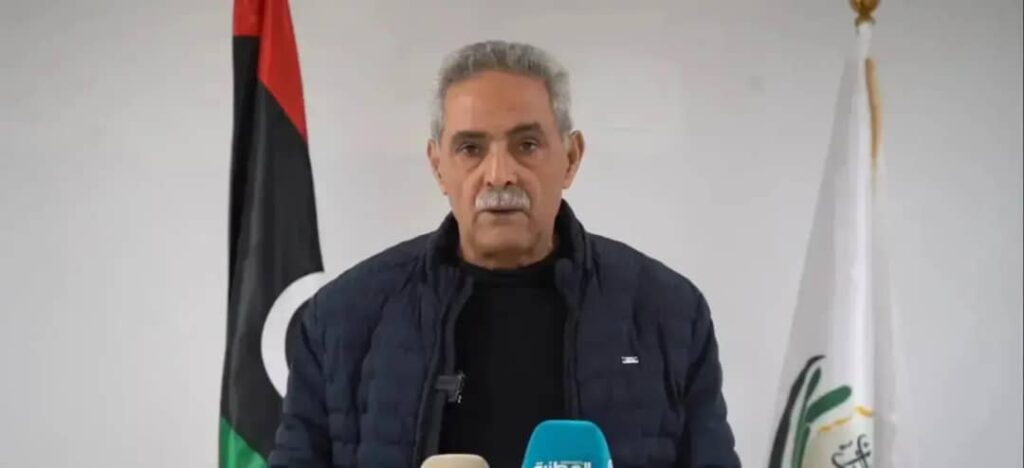The Voice of the People Party, a major political group in Libya, has strongly rejected accusations of migrant abuse made against the country in a report from the outgoing prosecutor of the International Criminal Court.
In a statement on Friday, the party denounced the report’s claims as “unfounded accusations” that aim to undermine Libya’s sovereignty and mar its international reputation. Spokesman stated the allegations “have no basis in fact” and accused the report of politicized bias.
“They are clearly aimed at denigrating Libya on the world stage and opening the door to unacceptable foreign interference in our internal affairs,” Spokesman said.
The statement urged Libyan authorities to take action to prevent the ICC from involvement related to the migrant claims. It also called on Libya’s National Human Rights Commission to formally refute the “misleading and politicized accusations” made in the ICC report as well as other UN documents.
While affirming its “commitment to human rights,” the Voice of the People Party insisted the migration crisis should be resolved through “constructive international cooperation” rather than “the imposition of foreign trusteeship over Libya.”
The statement expressed defiance, stating belief in “the ability of the Libyan people to overcome this ordeal and achieve unity, stability and prosperity.” It urged Libya’s two rival administrations in Tripoli and Benghazi to coordinate on tackling illegal migration.
“We call on the international community to cease making false charges against Libya and work cooperatively with us to resolve this phenomenon,” Spokesman stated.
In his final report last month, outgoing ICC prosecutor Karim Khan alleged evidence of crimes against humanity committed against migrants transiting through Libya. Tripoli has not officially responded, while Benghazi rejected the report’s credibility.
Divisions between Libya’s two major factions have complicated unified policies on migration and human rights issues in the country. The ICC accusations have become a new point of contention.
